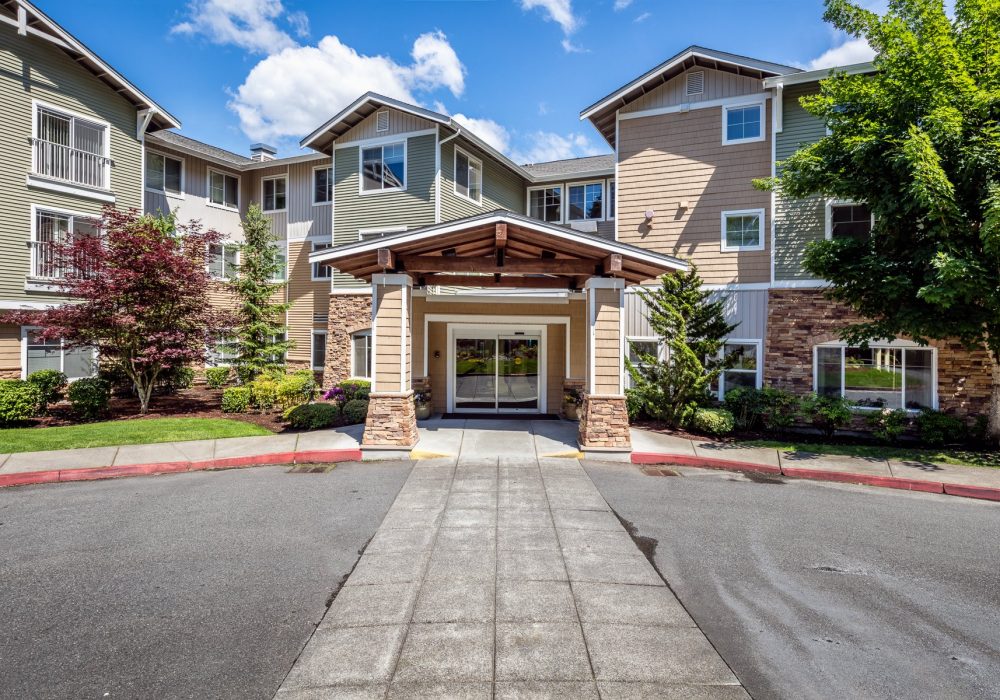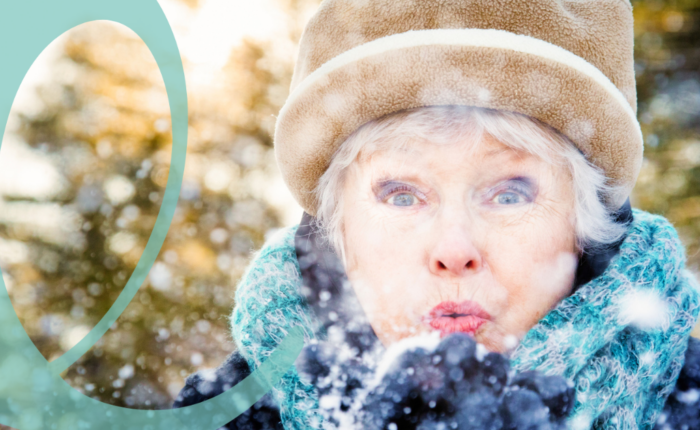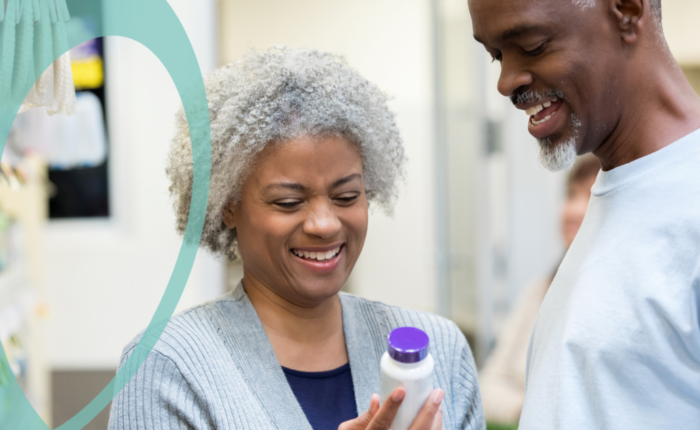
49.6% of people 65 and older are living with arthritis and by the year 2040 an estimated 78 million (26%) Americans over the age of 18 are projected to have been diagnosed with arthritis by a doctor. Learn more about the most prevalent forms of arthritis, symptoms of arthritis, and how arthritis is treated and managed in seniors.
Types of Arthritis in Seniors
Arthritis is an inflammation of the joints and can affect just one joint or multiple joints. Arthritis can affect people at any age, including young children, but is most commonly seen in adults over the age of 65. It is more common in women than men as well as people who are overweight.
There are over 100 types of arthritis with different causes and treatment methods but the two most common forms of arthritis are osteoarthritis (OA) and rheumatoid arthritis (RA).
Osteoarthritis
Osteoarthritis (OA) is the most common type of arthritis in seniors. This is caused by normal wear and tear of the joints. Over time, the cartilage that pads bones in a joint wears away and the bones rub together. Seniors often experience OA in their hands, necks, lower back, knees, and hips.
Experience Leisure Care Senior Living
While growing older increases the risk of OA so does family history, being overweight, or excessive use or injury of joints. Symptoms of OA can range from stiffness and mild pain to consistent severe pain. Over time, OA can cause severe problems moving joints and sometimes disability if the back, knees, or hips are affected.
Rheumatoid Arthritis
Rheumatoid Arthritis (RA) is an autoimmune disease that means the body attacks the lining of a joint as an immune response, similar to if it were protecting the body from disease. The immune response causes pain, swelling, and stiffness in the joints that can last for hours.
RA can affect people of any age and is more common in women. It can attack nearly any join in the body. It not only destroys joints but can also attack organs and bodily systems.
The cause of RA is unknown but some studies suggest there are genetic markers that may raise a person’s risk of RA fivefold.
Symptoms of Arthritis
Common symptoms of arthritis include,
- Joint pain
- Stiffness
- Swelling
- Decreased range of motion
- Redness of the skin around the joint
Symptoms of rheumatoid arthritis also include a loss of appetite, feelings of fatigue, fever, and anemia.
If you are experiencing any of the above symptoms contact your primary care physician. They will conduct a physical exam to check for fluid around the joints and limited range of motion. From there, they may refer you to a specialist. To determine what kind of arthritis is present, doctors can use blood tests, X-rays, MRIs, and CT scans.
Arthritis Treatment
The goal of arthritis treatment is to reduce pain, prevent additional damage to joins, and improve joint function. To control the pain, doctors often recommend ice packs. This can also help reduce inflammation and swelling around the joints. In some cases, seniors with arthritis use canes or walkers to reduce pressure on joints.
There are medications that can also help reduce pain. Hydrocodone and acetaminophen can reduce the pain but will not decrease inflammation. Non-steroidal anti-inflammatory drugs (NSAIDs) like ibuprofen can help with inflammation but they also thin the blood and can be dangerous for seniors on blood thinning medications. In cases of RA, doctors may prescribe corticosteroids or disease-modifying antirheumatic drugs to suppress the immune system.
Surgery is another treatment option, commonly performed to replace hips or knees. If arthritis in the fingers or wrists, doctors may perform a joint fusion to lock bones together until they heal and become one bone.
There are also several lifestyle changes that can reduce the risk of developing certain types of arthritis and manage symptoms if it has already developed.
- Maintain a healthy weight
- Eating a healthy diet with antioxidants that can reduce inflammation
- Avoid fried foods, dairy products, and high intakes of meat that can cause inflammation
- Regular exercise to keep joints flexible
- Avoiding strenuous activity that puts pressure on joints
While there is no cure for arthritis, the right treatment and making healthy lifestyle changes can greatly reduce symptoms. How do you manage arthritis pain? Share your experiences with us in the comments below.
Find a Leisure Care Community
Better with age, exceptional with us! Come and see how Leisure Care communities are helping seniors rediscover (and sometimes reinvent) themselves.








